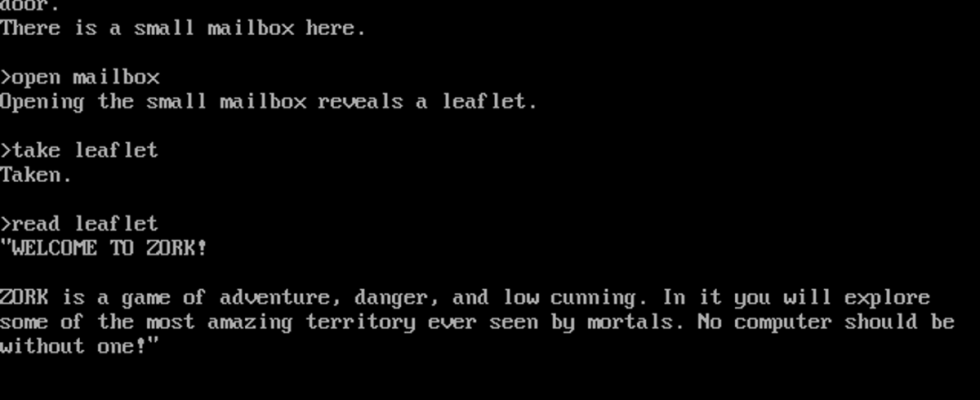Infocom’s text adventures from the 80s still have a legendary reputation today because of their imaginative plots, subtle humor and original package inserts (Called “Feelies”.). The source code for all games – several dozen created between 1980 and 1989 – has been generally available since 2019 at the latest, written in the programming language ZIL (for “Zork Implementation Language”), which was specially developed at the time. But there is now something new for computer nerds interested in history: the original source code for the Z-Machine required to play, which executes the translated ZIL bytecode (Z-Code) in a virtual machine, has now been published.
Advertisement
Game developer Andrew Plotkin has the code provided on Github. The implementations cover the personal and home computers (microcomputers) popular at the time: including Commodore 64 and 128, IBM-PC, Apple Macintosh, Amiga, Atari ST, BBC Acorn, CBM Plus/4, Tandy TRS-80, Texas Instruments TI- 99/4 and the Zilog Z80 processor, which worked in the Sinclair ZX Spectrum, among other things. Also included is a reference port of the Z-Machine to DEC’s PDP-11 (historically referred to as a minicomputer).
Historically interesting assembly code
The listing files mainly consist of assembly code; in very few cases there are executable files. Most of the time instructions are included on how to create a floppy disk. A test game is also available (“ziptest”). A Unix implementation of the virtual machine “DIP” programmed in C is also included; it is required for the graphical video board game “Fooblitzky”, which Infocom published in 1985.
The interest in the code of the original Z-Machine is probably more historical and technical, because Infocom games have long been playable across platforms and in the browser, even after the company’s demise. Fans reverse-engineered replicas of the virtual machine; is known about Frotz.
Text adventures go back to a game in the mid-70s with the simple title “Adventure”, developed at the time in Fortran on the PDP-10 mainframe. One of the many imitators is the original “Zork”, from whose development the Infocom company emerged.
(tiw)

